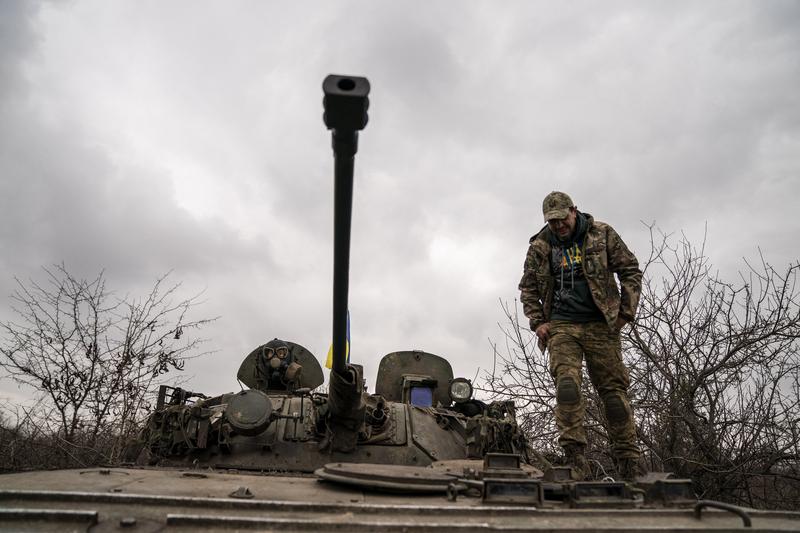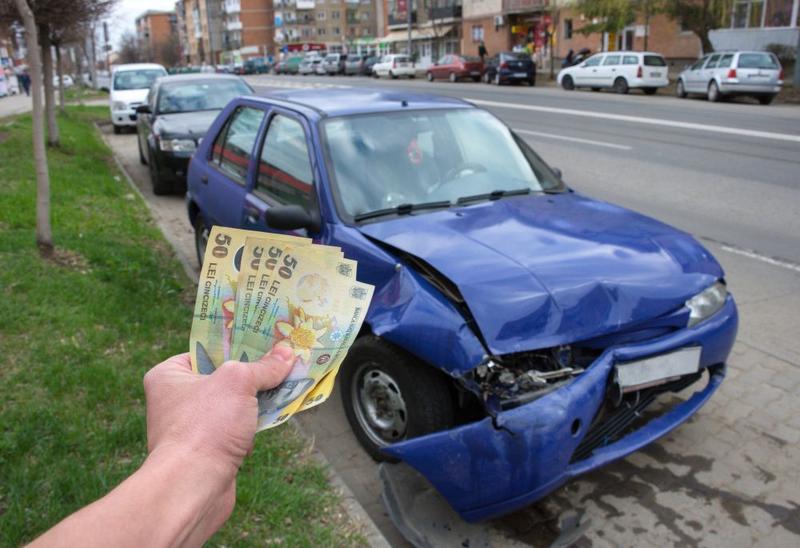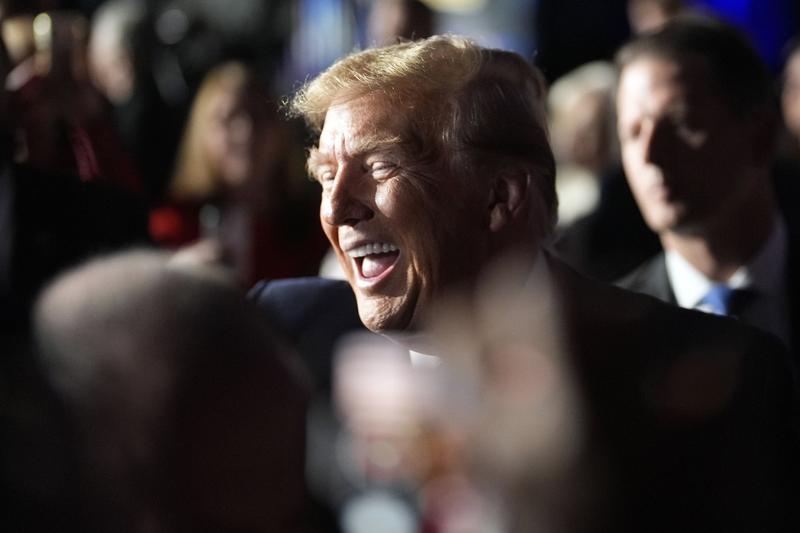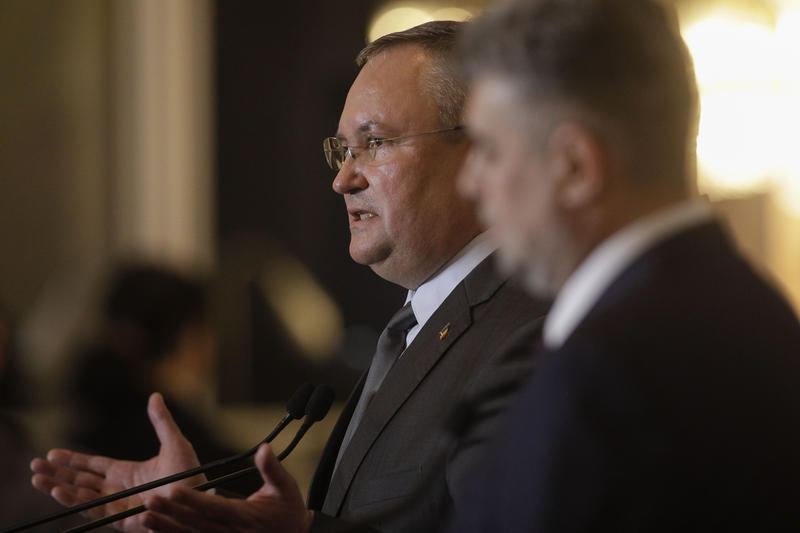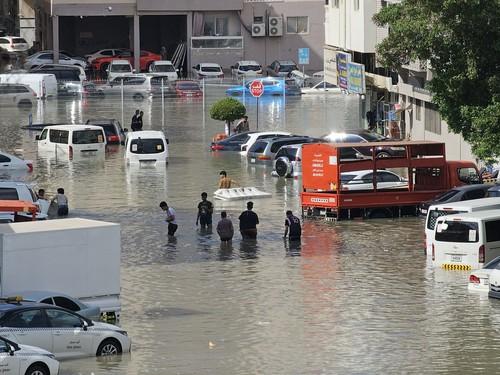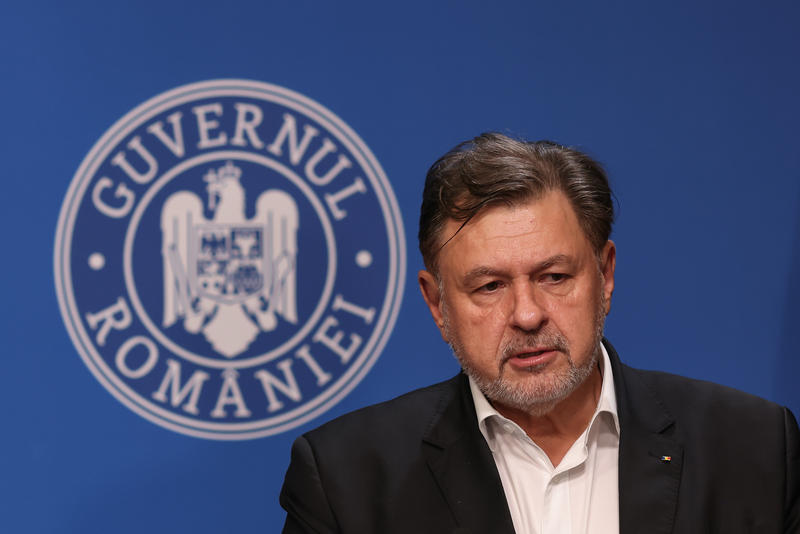"There is no rational threat to Romania [from Russia], but we have to prepare for the irrational", Romanian President Traian Basescu said in a speech in late August, as Russia's campaign to split Eastern Ukraine was in full swing. Irrational or not, Russia is already playing in Romania several of its aces, some built hastily, some built carefully in time. The purpose of the Kremlin is to influence the domestic and foreign play of a troubled country, as it does along its Western borders: in the three Baltic states, in Poland, not to mention the Republic and Moldova and Ukraine. The stake for Moscow is to keep NATO and EU as far away from its borders as possible in order to keep away the democratic values of the Western bloc and prevent a deterioration of its sphere of influence.
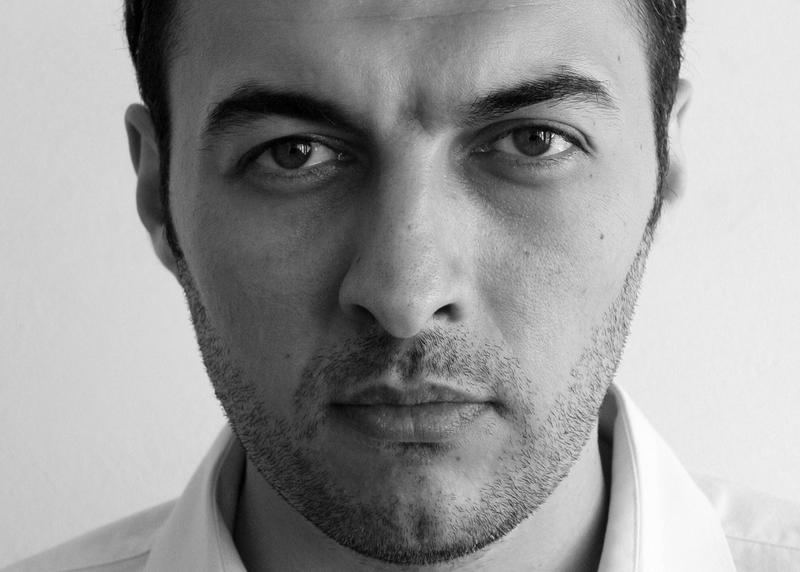
But what are the cards in Russia's game within a NATO and EU member country? Isn't Romania guarded by any influence from the East, 10 years since it joined NATO and 7 since its accession to the EU? It is, but things have changed enormously due to the country belonging to the two clubs, to the major reforms in the justice system, in the intelligence services and in the business environment. But there are cracks in any armor anywhere in the world and they come as vulnerabilities that a country like Russia, in its turning more and more against the West, cannot help but exploit.
Here are several such vulnerabilities (from a Romanian point of view) or opportunities (from Russia's point of view):
The Hungarian stake. Reviving tensions between Romanians and ethnic Hungarians would be a major gain for Russia as such a domestic conflict would fully erode the energy of a state and be the perfect field for underground games (remember the events in Central Romanian city of Targu Mures in March 1990, shortly after the Revolution). An analysis by the Center for Eurasian Strategic Intelligence shows how Hungary plays Russia's cards and how PM Viktor Orban through several leaders of Romania's Hungarian Democrats (UDMR) is trying to build up tensions in Romania-Hungary relations. For now, mainstream parties in Bucharest stood away from this game, but there are some small parties and civic groups similar to Jobbik that are starting to appear.
The Orthodox stake. There is a significant number of clerics within the Romanian Orthodox Church who have join the panslavist movement, either by interest or by deep sympathy with it. The key ideas of this trend pushed by the Russian Orthodox Church (which stands body and soul by Vladimir Putin) are a ferocious traditionalism and the fight against decadent West. Both ideas have a major destructive potential for Romania, a country where 50% of the population lives in rural areas, has little education and is a sponge for propaganda. It must be noted that some of these clerics are in the region of Moldova, where the head of the regional branch of the Romanian Orthodox Church is pro-Russian, as opposed to Patriarch Daniel, who is seen as more ecumenical.
Corruption. Institutions, parties or companies run by corrupt people are extremely vulnerable against attempts to breach the armor. Nothing else to say here. But it should be reminded that in a Supreme Defense Council meeting some time ago the fight against corruption was designated a major strategic objective for Romania.
Environment movements. The "coming of age" of a shale gas project in Romania has led to an unprecedented wave of protests. Dozens of NGO's, big and small, old andd new started protests against a project the details of which they had no idea about, as i have found out following dozens of talks with environment activists. The NATO Secretary General himself has said that Russia was behind such movements, as it is interested that countries in SE Europe retain their level of dependence on Gazprom. Not saying that all these NGO's or civic movements are playin Russia's game. On the opposite, many of them do an excellent, honest job, filling the void left by Chevron's or Romanian authorities' obvious lack of communication. But faced with the propaganda methods used in the protests, with the surprising financial capabilities used by some of these organisations, I cannot stop wondering where the money comes from.
The media. Long has passed since Romania had a press as weakened as it has now. With a media market distorted by politically interested owners, confronted with a never-ending crisis, many media institutions are vulnerable to temptations coming from Russia through its local pillars of interest.
The Republic of Moldova. Romania along with the EU has invested considerable money and energy in projects in the Republic of Moldova. Its pro-European option is a major strategic ace for Bucharest. A Russian game to destabilize the power in Chisinau is not to be excluded, though, and the elections due in November 2014 are a key moment for our neighbors. Will they retain their European option despite sanctions and threats from Russia, or will they cave in to Moscow? This will influence a major part of Romania's foreign politics this decade.



